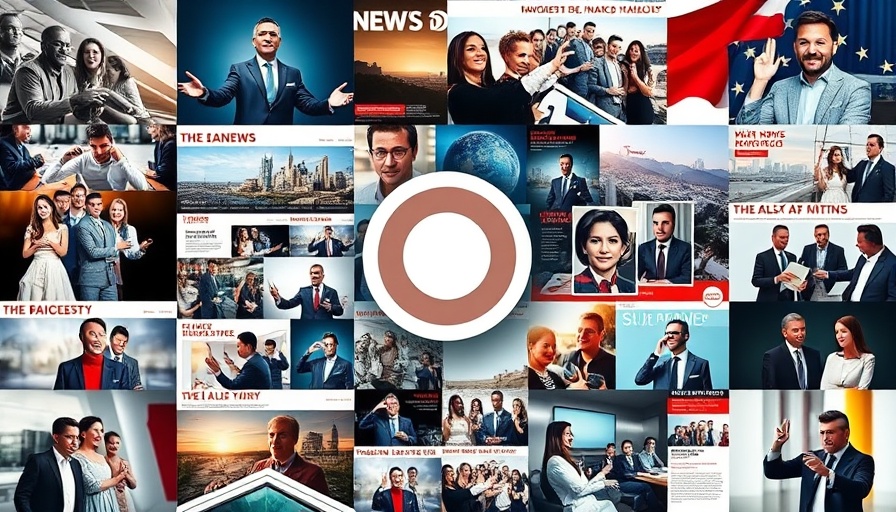
Microsoft's Strategic Shift in AI Content Use
Microsoft is currently negotiating potential agreements to compensate publishers for the content utilized by its AI chatbots. This move comes amidst growing concerns over the ethical use of content in training AI models. Many publishers argue that their work is being leveraged without proper remuneration, which invalidates the original intent and value of their content.
Understanding the AI Chatbot Landscape
AI chatbots, like Microsoft’s Copilot, are increasingly becoming integral tools across various industries, providing assistance, generating content, and facilitating user interactions. These systems learn from vast amounts of text data, and their ability to provide relevant and context-aware responses hinges on the quality of that data. As a result, Microsoft’s commitment to fair compensation could reshape standards in the AI space.
The Benefits of Paying Publishers
By compensating publishers, Microsoft may not only mitigate legal risks but also foster a more collaborative environment between tech firms and content creators. Such relationships could lead to improved content quality available for AI training, ultimately enhancing user experience as systems like Copilot provide even more nuanced and accurate outputs.
Implications for the Future of AI Development
The conversation surrounding the ethical implications of content use in AI has intensified. An equitable approach to content sourcing may serve as a model for future AI developments, encouraging other companies to adopt similar practices. This paradigm shift could decrease the adversarial nature between companies and content creators, paving the way for synergistic partnerships.
Diverse Perspectives on Content Compensation
While many support the idea of compensation, some skeptics highlight the implications for free access to information online. They argue that mandatory payments could restrict smaller companies or startups from leveraging readily available data to develop their technologies. This perspective stresses the importance of striking a balance between incentivizing content creators and maintaining an open information environment.
How Will This Affect The AI Market?
The potential for Microsoft to compensate publishers might spark a trend among other tech giants to adopt similar practices. This could create a more structured marketplace where content creators are justly rewarded for their contributions. As AI technology continues to grow at a rapid pace, the need for high-quality content will only increase, making the partnerships between AI developers and publishers crucial.
As readers and users, understanding this dynamic is increasingly important as we navigate a world where AI tools like Copilot are embedded in everyday experiences. Keeping track of how companies balance the need for innovative technologies with ethical content practices will be key in shaping an informed public discourse about AI’s role in society.
 Add Row
Add Row  Add
Add 




Write A Comment